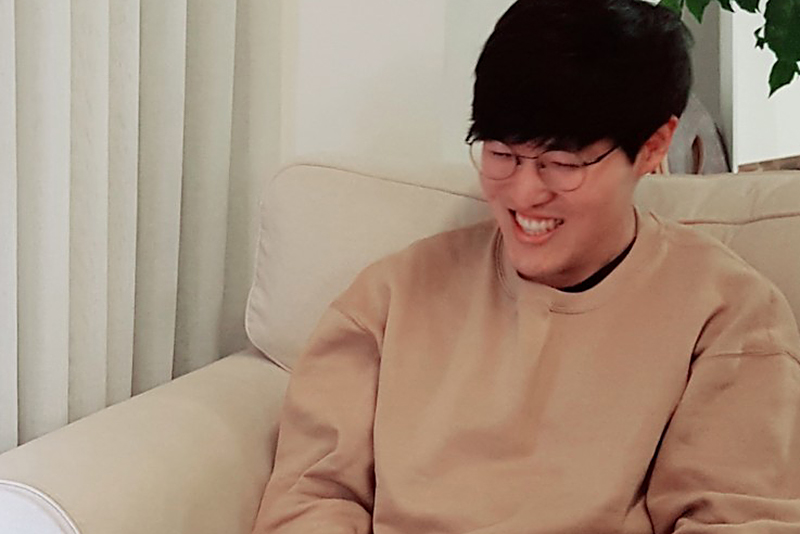
Hello, my name is Joshua Yang, and my Korean name is Yang Deokgyu. I live in South Korea and I work for Hardkernel. I majored in Computer Science, and love IT stuff such as smartphones, computer hardware, software and programming, especially trendy technologies. I built my own NAS system using CloudShell2, and migrated to an ODROID-H2 with a powerful Intel CPU. I have a blog at https://awesometic.tistory.com that deals with IT, programming, and some tips for NAS, Linux, and OSX.
At Hardkernel, I'm in charge of development of libraries and simple programs not only for individual users, but also for our manufacturing use. I test a lot of things related to our boards, including our accessories. I'm also working on our wiki pages where you may look up information when using our products, and reply to forum questions.
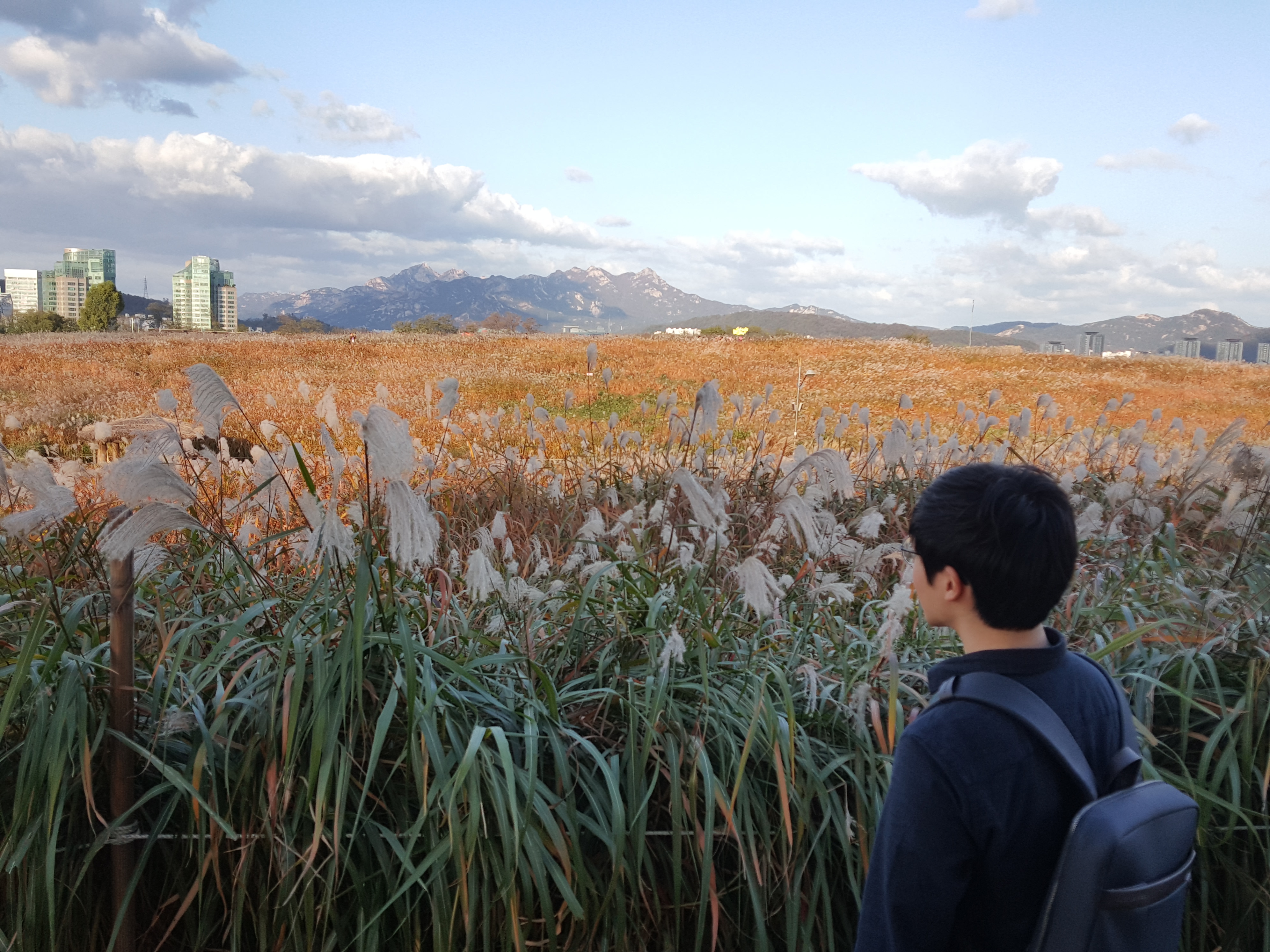
Where do you live? I live in Suwon, in South Korea, the city where I was born and raised. Actually, where I'm living is still not that far from the place where I was born. Suwon is a small but heavily populated city that has various cultural and historical monuments and infrastructures. You can get anywhere with the convenient transportation system, so even though there are many other good cities in Korea, there's no reason for me to leave.
What is your educational background? I've loved computing since I was about to graduate from elementary school. At that time, I enjoyed playing computer games, especially racing games like Need for Speed. But my computer wasn't able to run that at that time. So I began learning about computer hardware when I was about 10, and I remember asking my father to change the graphics card to a Geforce 4. I was also interested in IT devices such as MP3 players, Portable Media Players (PMPs), and earphones. I bought and sold often to always have a new device, especially the first generation of iPods that had not been released in Korea. All of these experiences led me to major in Computer Science. I still have a lot of interests in IT devices and software.
My parents work, and my older sister is studying nursing skills. My family has a Shih Tzu puppy whose name is Dalbong. Everyone in my family sometimes calls him Yang Dalbong to include our family name. I think that pronunciation is easier to say.
How did you get started with computers? When I was young, I just used computers for gaming, and played many online and offline games. When I was 18 years old, I studied with a tutor, who started me on how computer programs were developed, which prompted my interest in computer programming. I bought a C language book, which was one of the best sellers for computer programming introduction, and I studied until just before the most difficult chapter at that time, which was pointers.
What kind of projects do you work on at Hardkernel? Recently, I developed the ODROID-GO Arduino examples and MicroPython library, and I uploaded its guides to our wiki. I also developed a WordPress plugin for our new websites to make its admin panel more easy to use for our management departments. I'm currently maintaining the WiringPi library, which helps us use GPIO peripherals more easily on ODROID boards.
How do you use your personal ODROIDs? I'm using my ODROID as a NAS. I got my first ODROID-XU4 about 4 years ago. It runs perfectly for my personal use, so I wrote many articles, guides, and tips about it on my blog. I changed it to use an ODROID-H2, since the new one is an x86-64 system and it supports native SATA 3, and also supports NVMe storage, which is extremely fast. I built my NAS with some of the useful and handy Docker images available. It has been running about 3 months and is very stable. The main usage of my NAS is for syncing my personal projects, documents and photos, as well as streaming videos with my devices.
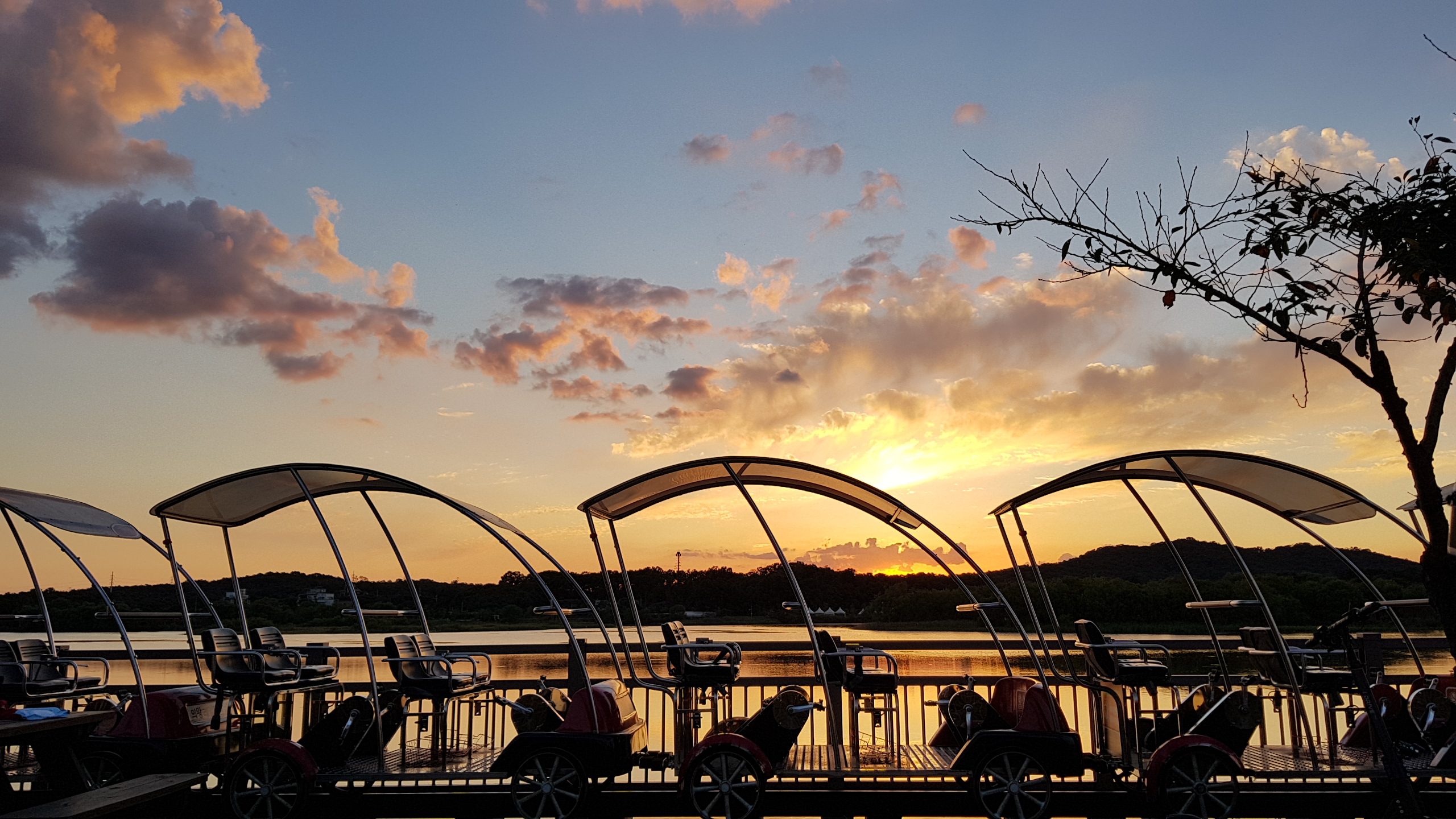
Which ODROID is your favorite and why? The ODROID-XU4 is my favorite. Although it's been a few years since it came out, I still think it is one of the best SBCs that carries a reasonable price. Recently I've started to like ODROID-H2. I think H2 fits perfectly into Mini-PC or NAS use. It's not too expensive but offers outstanding performance and a rich I/O port. In addition, it is always quiet and maintains low power consumption.
What innovations would you like to see in future Hardkernel products? I would like to see smartphones for developers, like an ODROID-A4. But unlike the previous A series devices, I hope that it will not be just for limited purposes. It would offer the use of various platforms, such as Android and Linux and Windows. It would have many GPIO pins available so that users can use their peripherals, with stereo speakers for listening to media or playing games. It would be like an upgrade of the ODROID-GO.
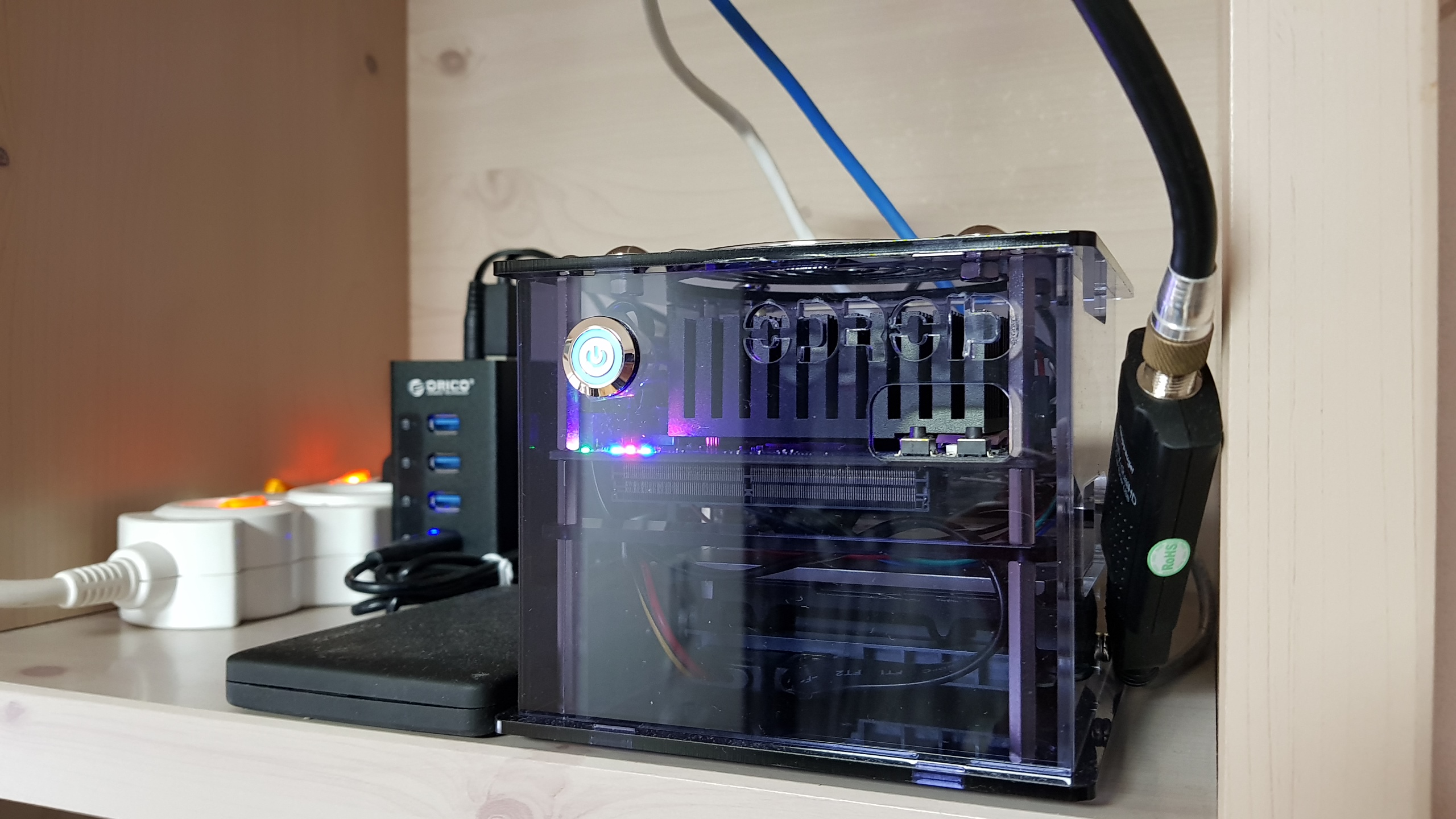
What hobbies and interests do you have apart from computers? I like watching movies and TV programs, listening to music, and singing songs. Also, I like to go around looking for delicious restaurants. Recently, I went to a Vietnamese restaurant with my friends. I tried Tom Yum Goong there, and I was surprised because it was more delicious than I thought.
What advice do you have for someone wanting to learn more about programming? I think it's a good idea to start learning C or C++ first. In fact, there are a lot of people who don't think so these days. But I do recommend learning C/C++ first, because almost every other language is influenced by the C language. So if you know C/C++, then you can learn another language very easily, then jump into your favorite platform. If you like Android, develop an Android application with Kotlin. Don't forget to always use open source projects and contribute back to them someday.
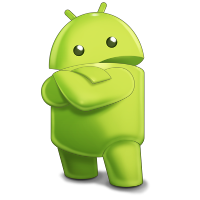
Be the first to comment